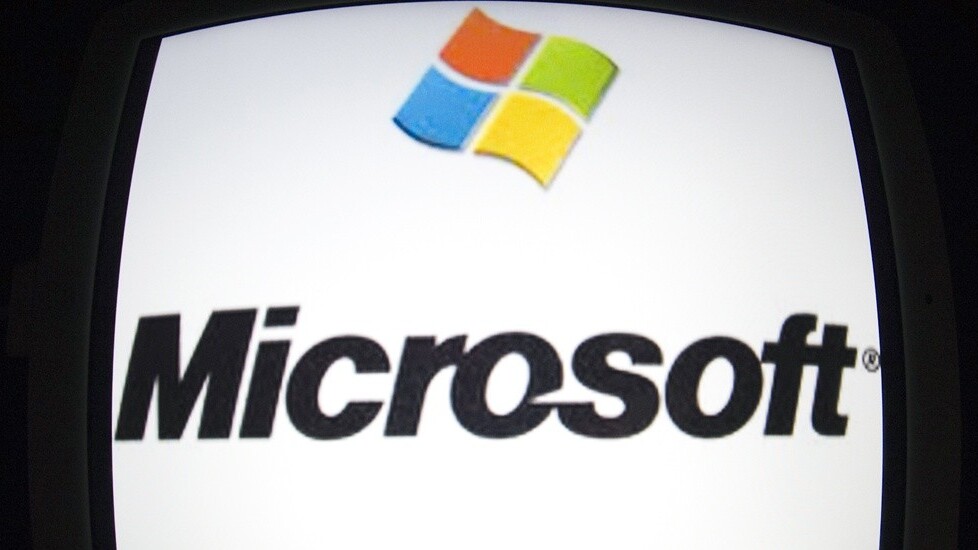
Microsoft is reportedly closing its R&D unit in South Korea at the end of the month as part of its decision to make its facility in Beijing its R&D headquarters for Asia.
Updated with comment from Microsoft at the bottom of this post. The company says that the reports are incorrect
The South Korea lab opened in March 2005, becoming the first such facility to be located outside of the US, but Microsoft’s increasing emphasis on China saw it switch its focus to the Beijing campus, which was opened by Steve Ballmer in May 2011.
Asiaone reports that the reshuffle will not result in any redundancies, unlike the Korea exits that HTC, Motorola and Yahoo all undertook in 2012 (more on those below). A spokesperson told the news site that, the 21 staff in the Korea R&D unit, 10 have been offered the chance to transfer to its Redmond headquarters. The remainder have the option of moving on to a different business unit with the Seoul office. Interestingly, none will move to the Beijing unit.
The spokesperson tells Asiaone that the changes will have no impact on Microsoft’s presence in Korea since the R&D team was an international one.
“The R&D team was an organisation that was under the US headquarters and it also had a direct report line to (Redmond). We believe it will not have much of an impact in our operations here since it did not belong to the Korean branch in the first place.”
Microsoft’s increased focus on China saw it ink a deal with local search giant Baidu to power its English language results last summer. The new Microsoft Advanced Technology Center in Beijing will focus on its four major online services, including the Bing search engine, its AdCenter online advertising, the MSN platforms and its mobile Internet service.
Yahoo pulled the plug on its presence in Korea last year citing a need to prioritize more strategic markets. Both HTC and Google-0wned Motorola exited the country’s challenging mobile market, which is primarily dominated by local players. In Microsoft’s case, however, there’s no suggestion that the move is reflection of its business in the country.
We reached out to Microsoft to see if the company has any further comment to make.
Update: A Microsoft spokesperson told TNW that the R&D unit is not closing.
The phrase R&D has been misinterpreted and Microsoft’s R&D is not moving from South Korea. Last month, after evaluations that the company regularly does, Microsoft made adjustments to its Office workforce in South Korea. With work completed in a particular product area, some roles have been redeployed to Office in their Redmond headquarters, consolidating with the Office team there. Some roles moved to other areas within Microsoft. Some employees chose to accept severance packages and leave the company. None of this, however, involved positions in R&D or Microsoft Research or China.
Headline image via LIONEL BONAVENTURE/Getty Images
Get the TNW newsletter
Get the most important tech news in your inbox each week.




